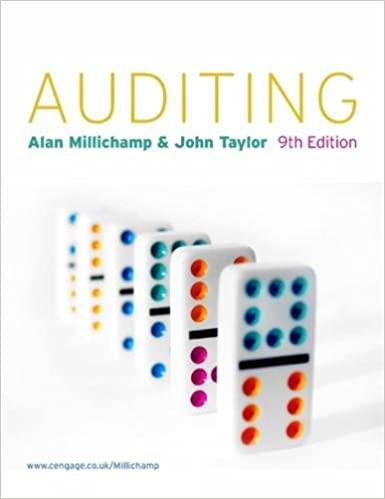Question
Your client, Jacob, turned 66 years old this year. Jacob has decided that he would like to sell a life insurance policy to fund a
Your client, Jacob, turned 66 years old this year. Jacob has decided that he would like to sell a life insurance policy to fund a trip to Africa that he has wanted to take. He has no heirs.
Jacob knows that he could surrender the policy (a whole-life policy) back to the insurance company, but a friend told him he could get more for the policy if he sold it to a life settlement company. A life settlement company buys life insurance policies from policyholders who are not ill and who generally have a life expectancy of between 2 and 15 years. In return, the seller of the policy receives a lump-sum payment. The life settlement company either holds the policy to maturity or resells the policy to an investor.
The lump sum received depends on factors such as age, health, and the terms and conditions of the policy, but in general, the amount is more than the policys cash surrender value, which is the amount received from the life insurance company upon surrender of the policy.
In November 2019, Jacob (who was not terminally or chronically ill) sold his policy to a life settlement company for $160,000. During the time that he owned the policy, Jacob did not borrow against the policy or receive any distributions. Premiums paid on the policy by Jacob totaled $122,000 (of which $32,000 pertained to the provision of insurance before the sale of the policy).
What are the tax consequences to Jacob on the sale of his life insurance policy?
What are the Internal Revenue Codes and possible current cases that pertain to the problem?
Step by Step Solution
There are 3 Steps involved in it
Step: 1

Get Instant Access to Expert-Tailored Solutions
See step-by-step solutions with expert insights and AI powered tools for academic success
Step: 2

Step: 3

Ace Your Homework with AI
Get the answers you need in no time with our AI-driven, step-by-step assistance
Get Started


